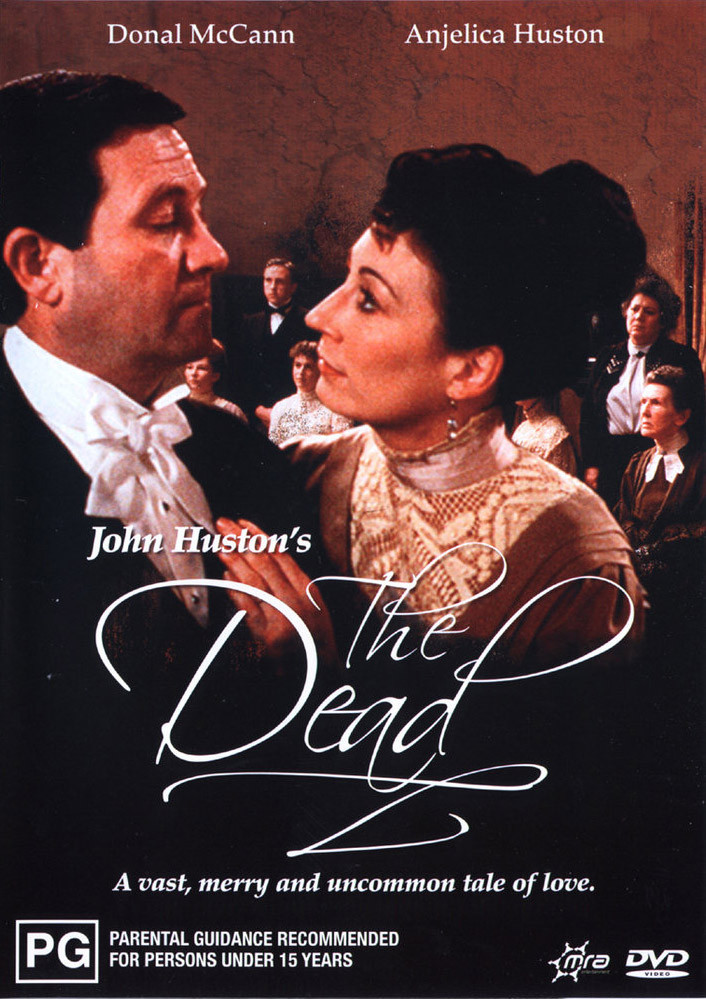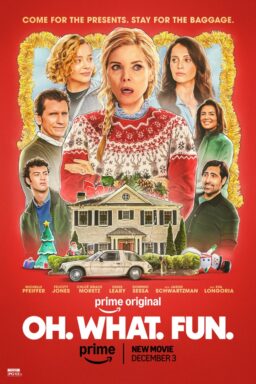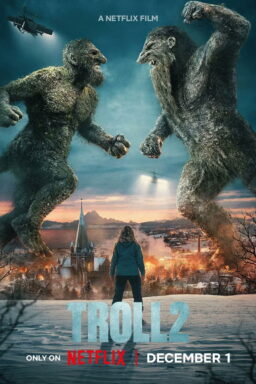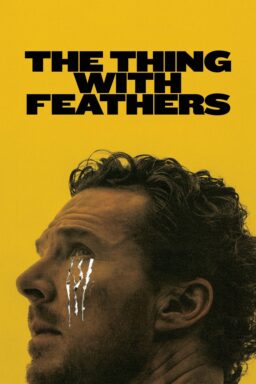“Better pass boldly into that other world, in the full glory of some passion, than fade and wither dismally with age.”
The words are from James Joyce’s “The Dead,” sometimes called the greatest short story ever written in English. The thoughts belong to a middle-age man, Gabriel Conroy, and when he thinks them he is lying next to his sleeping wife in a Dublin hotel room, and the snow is falling all over Ireland. He has spent a musical evening at the home of his aunts, Julia and Kate, in the company of the same old friends who gather every Christmas to sing the same songs and tell the old stories and cluck over the fact that poor Freddy Malins has turned up drunk again, to the embarrassment of his mother.
Most of the story is devoted to the party – who is there, and what happens, and what they say. But Joyce is somehow able to use words to suggest some great silence beneath the chatter, deeper feelings that go unexpressed in all the holiday cheer. The story ends as Gabriel and his wife, Gretta, ride across Dublin to their hotel, and she confesses to him that one of the songs reminded her of a boy who loved her when he was 17, a boy named Michael Furey, who was ill. When she made plans to go up to Dublin to convent school, he begged her not to go and came and stood outside her window in the winter rain. A week later he was dead.
After Greta tells the story, Gabriel realizes that there is a large part of his wife’s life that he did not even suspect existed. She goes to sleep, and he lies beside her in the dark. Joyce writes: “Generous tears filled Gabriel’s eyes. He had never felt like that himself towards any woman, but he knew that such a feeling must be love.” He can see through the window that it is snowing, and he knows it is snowing all over Ireland, even on the grave where Michael Furey lies.
I have described so much of the Joyce story because I want to illustrate what a hard challenge John Huston set for himself when he decided to make a film of “The Dead.” It is easy enough to film all the details of the party, all of the comings and goings, the toasts and the songs. But all of those scenes are there for only one reason: to establish the surface of a commonplace, satisfactory life, so that the closing moments of the story can shock us by showing what hidden depths of loneliness and passion can exist secretly in the hearts of people we think we know.
The key emotional moment in “The Dead” does not belong to Gretta, who still mourns for her dead young lover. It belongs to Gabriel, who weeps for the man his wife once loved, a man he never met or even heard of before tonight. To cry for a stranger is to shed tears for the human condition, to weep because in giving us consciousness, God also gave us the ability to know loss and to mourn it.
There is no way in the world that any filmmaker can reproduce the thoughts inside Gabriel’s head at the end of “The Dead.” And that must have been something Huston knew when he decided to make this film. Then why did he make it anyway? I think I know the answer. He made it because he came of Irish blood and lived for many years in Ireland. He made it because the film would be written by his son, Tony, and would star his daughter, Anjelica. And he made it because he knew he was dying, and it would be his last film.
And there was one last reason, which can be glimpsed in the words I began with: “Better pass boldly into that other world, in the full glory of some passion, than fade and wither dismally with age.” Huston was an old man when he died, but he had not withered dismally with age because he still had the courage and the imagination to attempt to make an impossible film of the greatest story that he had ever read. Look at Huston’s “The Dead” and you will not see a successful film, but you will see a grand gesture, and you will see the best film that Huston could possibly have made. And now the snow falls upon every part of the lonely churchyard on the hill where John Huston lies buried.



















